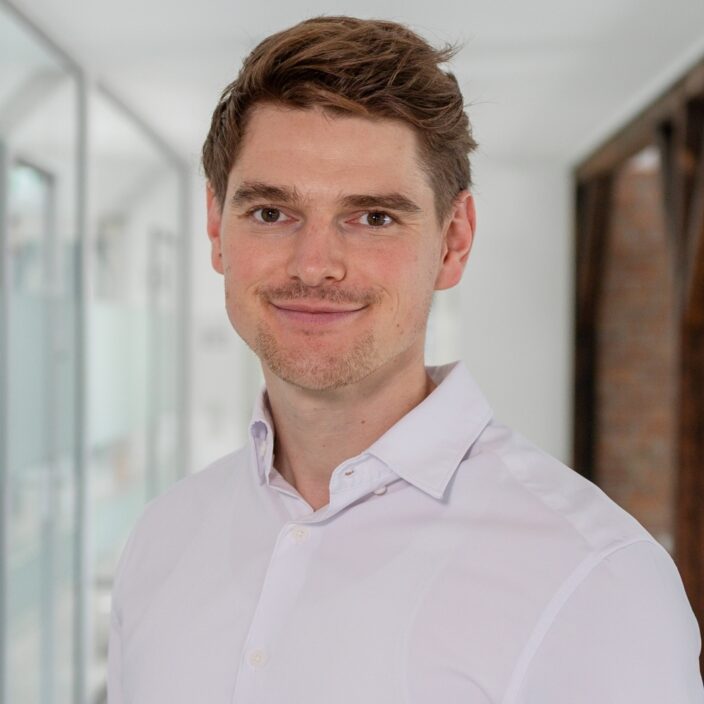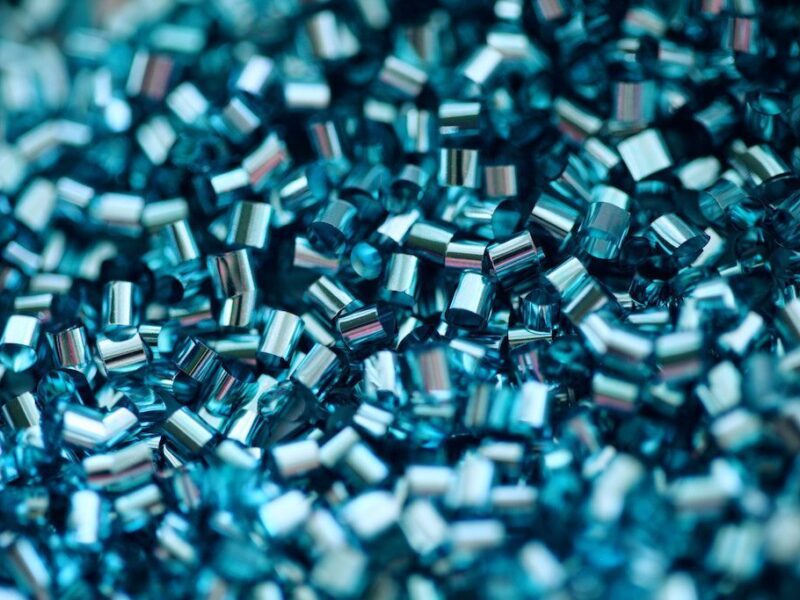- How has implementing MADSCAN® impacted the efficiency and profitability of plastics recycling processes? Can you share a specific use case?
Aside from the technical aspects I just explained – such as improved quality control through accurate identification of polymer types – MADSCAN® also helps prevent costly errors in the recycling process. One specific use case involved a chemical recycling company that needed to know the exact composition of their input stream, particularly if there was any PET present. Our analysis showed small quantities of PET, allowing them to adjust their process settings. This prevented quality issues that could have resulted from incorrect processing, demonstrating how precise data can optimize operations and reduce costs.
- Can you share any success stories or significant milestones achieved using MADSCAN® in collaboration with plastship?
One significant project is the KISS-Project, also known as the Hesse-Project, which has been a major milestone for us. It focuses on using AI to optimize the recycling process and close regional resource loops. This project has not only helped us advance technologically, but also built trust in the market. For us as a startup, showing concrete progress like this is essential for fundraising and gaining confidence from stakeholders. The project has proven the value of our technology and strengthened our position in the recycling market.
- In your opinion, what are the biggest challenges currently facing the circular economy for plastics, and how is Veridis addressing these challenges?
One major challenge is the lack of trust and transparency in the industry. Many stakeholders – recyclers, converters, production companies – struggle to verify the quality and origin of materials. This uncertainty hinders progress. Veridis addresses this by providing detailed, reliable data through our technology, helping the entire value chain make informed decisions. We envision MADSCAN® being implemented not only at recycling facilities but throughout the supply chain to foster transparency and trust.
- How do you see the future of the plastics recycling industry?
We foresee a transition from virgin, oil-based plastics to recycled and alternative materials, driven by legislation and market demands. Achieving this requires advanced technologies like MADSCAN®, transparent marketplaces like plastship, and new recycling processes. Collaboration is key, which is why we actively work with industry partners.
- Do you see your ideal future as a realistic one if everyone works together?
The question isn't if it's achievable, but how long it will take. We know that a sustainable future is possible, but the pace of progress will depend on various factors, especially legislative and political decisions. While challenges and setbacks are inevitable, we firmly believe that through cooperation and innovation, we can make it happen.
- What inspired you to focus on sustainability and the circular economy in your career?
Partly, it’s a generational thing. Many of my peers are passionate about sustainability, and that enthusiasm is contagious. My co-founder and I studied material physics, which introduced us to the polymer industry. I always wanted a career that makes an impact, and plastics recycling offers that opportunity. It’s motivating to work on something meaningful that you can build with your own hands rather than, for example, be one of many at a bank.
- Can you share a personal anecdote or experience that has significantly influenced your approach to leading Veridis?
Our leadership style has evolved significantly. Initially, we were students working on a project; now, we’re running a business. My experience in water polo, where I played at a high level, taught me valuable lessons about teamwork, motivation, and leadership under pressure. These skills are crucial in a startup environment, where aligning the team and maintaining focus amidst turbulence is essential.
- What advice would you give to young professionals passionate about making a difference in sustainability and recycling?
My main advice is: don’t wait too long. Dive in and get started, whether with a company, project, or your own initiative. Market conditions are never perfect, so waiting for the "right time" might mean missing the opportunity. Also, pay attention to the people you work with. Their commitment and values are often more telling than the project itself.
- What are the next steps for Veridis and plastship in their ongoing collaboration?
We aim to successfully complete the KISS-Project and broaden our benchmarking capabilities. Ideally, we want to integrate MADSCAN® analyses directly into the plastship platform, creating a seamless stream of orders and quality assessments.
- How can other companies or individuals get involved or support the initiatives led by Veridis and plastship?
The best way is to join the plastship platform and collaborate with us. Both Veridis and plastship are open to partnerships that align with our mission. We’re always eager to explore new collaborations and projects that advance the circular economy.




